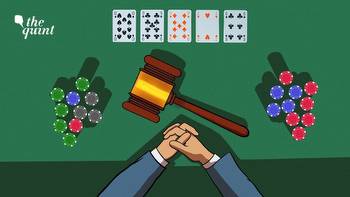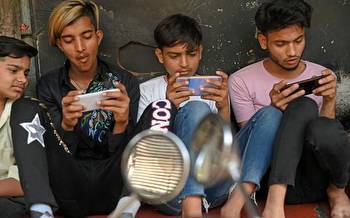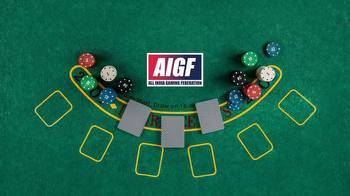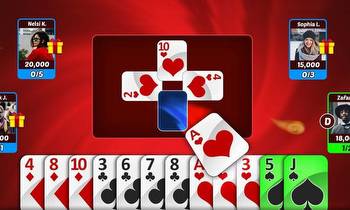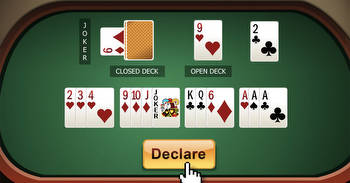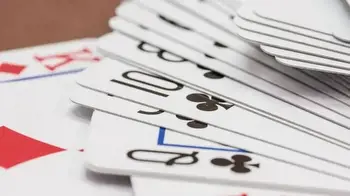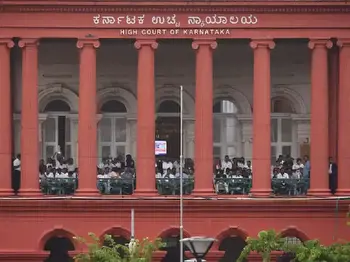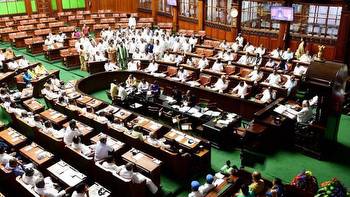Karnataka online gambling ban struck down on constitutional grounds

The Karnataka Police (Amendment) Act 2021 which banned online gaming (with stakes) and betting in the state, has been struck down by the Karnataka High Court (HC) as unconstitutional, according to a LiveLaw report.
The verdict was pronounced by a division bench of Chief Justice Ritu Raj Awasthi and Justice Krishna S Dixit. The bench clarified that the court was not striking down the entire Act, adding that it will not interfere if the government brings in a new law that is congruent with the Indian constitution, Indian Express reported. A detailed copy of the judgement has not been uploaded as of yet.
India does not have a national framework for the regulation of online gaming which has led to state governments devising wildly divergent and stringent laws. The verdict is notable in the context that it will set a precedent for the scope of gaming regulations in the country. It also means that fantasy sports apps and real money gaming platforms can restart their operations in the state.
What did the petitioners argue before the High Court?
The petition was filed by All India Gaming Federation (AIGF), self-regulatory fantasy sports industry body Federation of Indian Fantasy Sports (FIFS), Mobile Premier League (MPL), Games24x7, A23 (Ace2Three), Junglee Games, Gameskraft, and Pacific Games, among others, in the HC challenging the constitutional validity of the proposed amendments, according to Moneycontrol.
The petitioners argued that the State cannot prohibit such activities as it is settled law that games of skill (involving risking of money or otherwise) do not amount to wagering or betting as interpreted by the apex court, and the federation contended that the amendments made to the Police Act “unlawfully prohibit the lawful and legitimate business of the members of the federation in providing games of skill.”
Here are some of the arguments laid down during the proceedings, as per LiveLaw:
- Games of skill and chance are distinct: “Game of chance alone can be regulated to the point of banning by state authorities. Conversely to this, state governments have no jurisdiction to ban games of skill. This distinction has been in existence for years,” said Dr. Abhishek Manu Singhvi, who represented one of the petitioners.
- Amendment is arbitrary: Mukul Rohatgi, who was the advocate for one of the petitioners, contended that the amendments sought to limit games of chance and gambling. He added that the provisions were arbitrary and constituted an overreach of the Supreme Court’s judgements which permit games of skill.
- Wagering on skill-based games is not gambling: C Aryama Sundaram, who was appearing for the All India Gaming Federation, put forth that online games were only available to the actual players. He explained that the player was not wagering on somebody else’s skill but they have to participate in a game which is a game of skill and then wager thereon.
What did the government argue in favour of the ban?
The Karnataka government argued that its new law on online gaming does not ban online “games of chance or skill” but steers people away from gambling money on an uncertain event.
There is no difference between a game of chance or skill as consequences of betting money are the same in both which is why the government does not see a need to treat them differently.
The government affirmed that Karnataka’s law is not bogged down by the “crassness of clauses that afflicted” the Tamil Nadu law struck down by the Madras High Court recently,
The state of Karnataka put forth the following reasons to justify its case:
- Gaming platforms fuel addiction among the youth which can result in suicide at times.
- The aforementioned addiction is similar to alcohol or drug abuse
- Online portals do not disclose the way they distribute prize money to their customers causing them to spend money to attract returns that are not there.
Gaming provisions struck down in other states
Many states like Andhra Pradesh, Telangana, Tamil Nadu, and Kerala have tried to ban real-money games in the last year.
Madras High Court: The bench struck down Tamil Nadu’s ban on gambling on constitutional grounds in August last year. The Tamil Nadu Gaming and Police Laws (Amendment) Act, 2021, and an ordinance, made it illegal to participate in any form of gambling that involved stakes, and provided for a punishment of up to two years or a fine of up to Rs 10,000. Tamil Nadu has now approached the Supreme Court to restore the ban.
Kerala High Court: The HC quashed a notification by the Kerala state government that banned the card game rummy in September last year. The ban, issued by the Kerala government under Section 14A of the Kerala Gaming Act, 1960 in February, came in the form of a notification. The court ruled that the notification was “arbitrary” and violated the right to do business guaranteed under Article 19(1)(g) of the Constitution of India.
Telangana was the first to introduce a ban in 2017 on online gambling and betting. Andhra Pradesh amended its gaming act to prohibit online betting and “online games for money or other stakes”. The ban is being challenged at the Andhra Pradesh High Court.
What the amendment to the Karnataka Police Act says
The amendment to the Karnataka Police Act, 1963, outlaws betting and gambling even when games of skill are concerned.
- Inclusion of online gaming: The Police Act amendment expands the definition of “gaming” to include “…online games, involving all forms of wagering, including […] electronic means and virtual currency, electronic transfer of funds in connection with any game of chance, but does not include a lottery or wagering or betting on horse-race run on any race course within or outside the State, when such wagering or betting takes place”.
- Games of skill banned: The amended act bans “any act or risking money, or otherwise on the unknown result of an event including on a game of skill”
- Fines increased: The amendment increases the fines and prison time to people caught under gambling prohibitions. A maximum term of one year has been made three years, and a Rs 1,000 fine has been increased to Rs 1,00,000. Minimums for these penalties have also been changed from one month to six months and from Rs 500 to Rs 10,000.
Have something to add? Subscribe to MediaNama here









